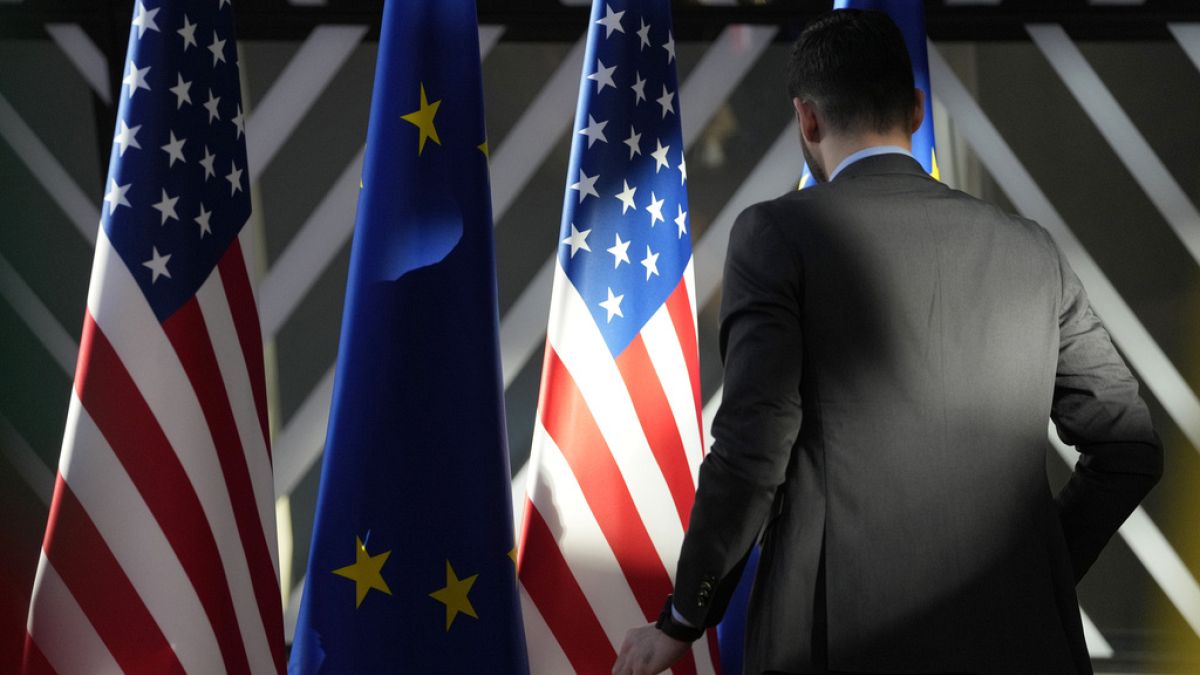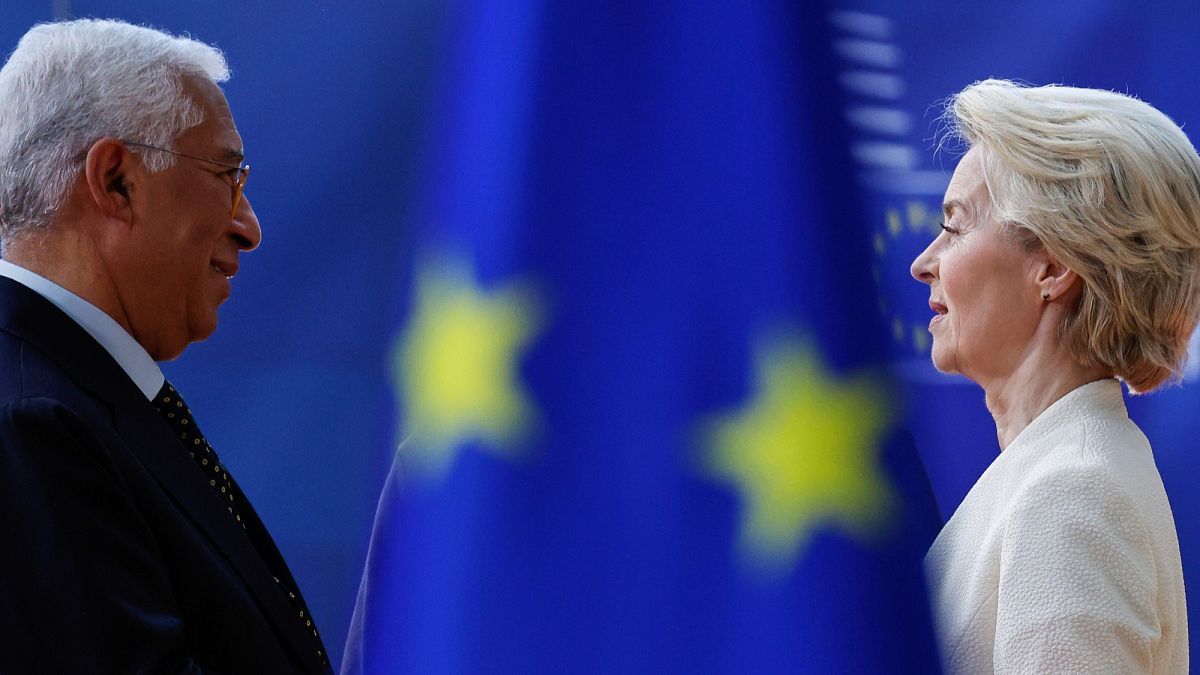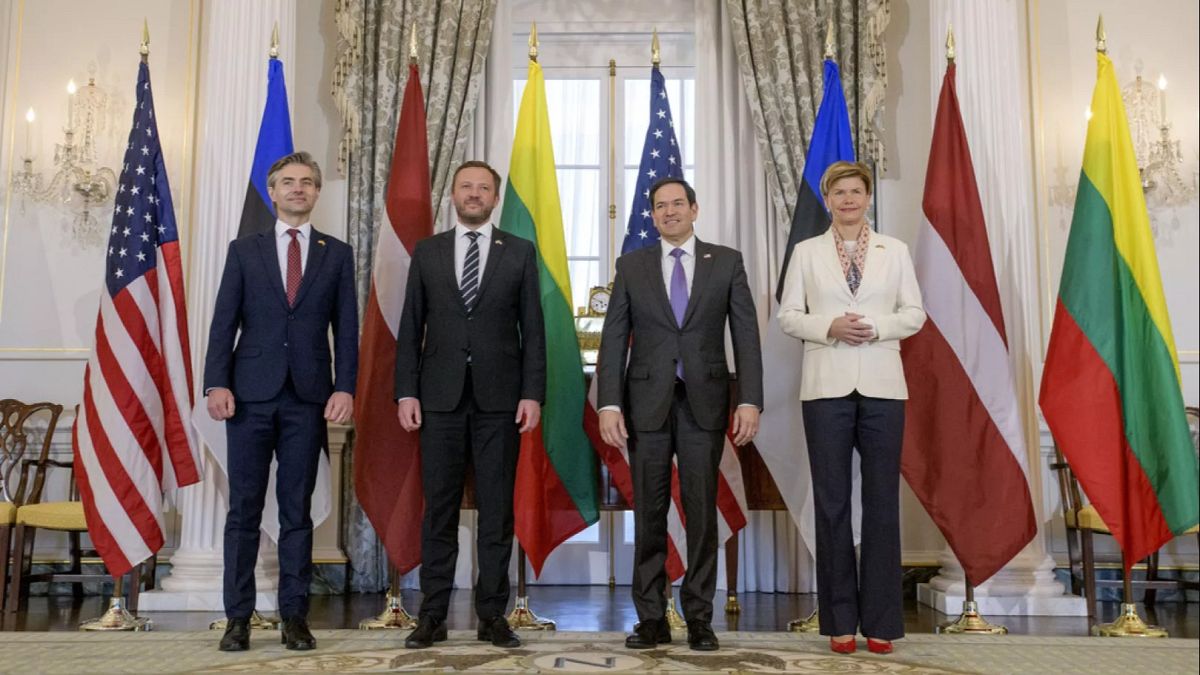Budapest was the stage of a major breakthrough in Schengen after Austria agreed to lifts its veto on Romania and Bulgaria's accession.
Austria has agreed to lift its long-held veto on the accession of Romania and Bulgaria into the passport-free Schengen Area, which the two Eastern European countries have for years sought to achieve only to be met with Vienna's resistance.
The breakthrough was announced on Friday afternoon by the Hungarian presidency of the EU Council, which hosted a meeting in Budapest with the interior ministers of Romania, Bulgaria and Austria.
The three ministers signed a "joint agreement" to pave the way for complete Schengen membership, a Hungarian spokesperson said.
In practice, this will mean the abolition of checks at land borders, the last remaining hurdle. Early this year, checks at sea and air borders were permanently lifted.
Ursula von der Leyen, the president of the European Commission, welcomed the news, saying Romania and Bulgaria "belong fully" to the Schengen area.
"Let 2025 see Schengen become stronger," von der Leyen said.
Roberta Metsola, the president of the European Parliament, was equally positive, saying "a stronger Schengen means a stronger Europe."
To become a reality, the Budapest agreement needs to be validated by the Council.
A vote by member states is expected to take place before the Hungarian presidency comes to an end on 31 December.

 4 months ago
41
4 months ago
41






 We deliver critical software at unparalleled value and speed to help your business thrive
We deliver critical software at unparalleled value and speed to help your business thrive






 English (US) ·
English (US) ·